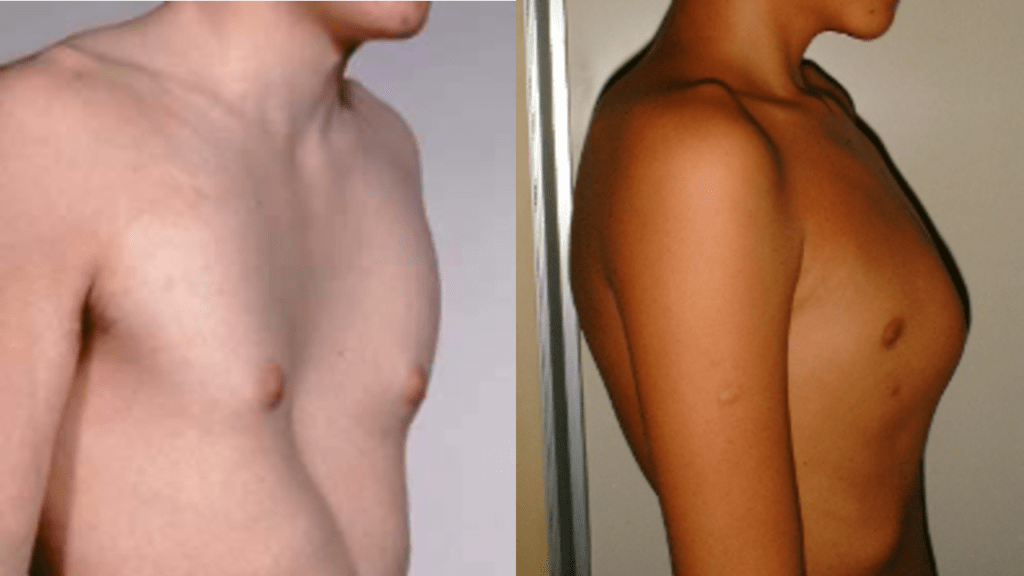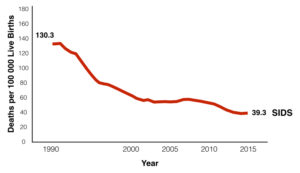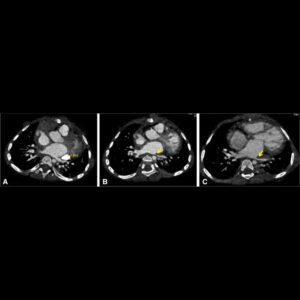Pectus deformities refers to a relatively common group of conditions affecting the anterior chest wall.
These conditions are quite common in children and adolescents with an incidence of up to 1 in 500. There are two main types of pectus deformities, namely pectus excavatum, where the chest sinks inside or pectus carinatum, which appears to mimic a chest of a pigeon where the anterior chest wall protrudes outside.
There are lots of variations to this, asymmetry between one where there is tilt of the sternum contributing to the appearance of a skewed chest, with protrusion of one side against the other side. Pectus deformity is commonly associated to scoliosis and scoliosis makes it more difficult to manage.
The majority of children and adolescents with pectus may not need surgery. However, the severe forms may be cosmetically very disturbing for patients and may affect not only the growth of the child, but also may affect the internal organs physiologically. Where a treatment is required, surgery may become one the options discussed.
Several surgical options are available.
The minimally invasive Nuss bar insertion is an attractive common surgery performed for a pectus excavatum/sunken chest. It is done through a keyhole surgery on the side of the chest where the deformity is assessed and a transverse metal bar is placed just below the sternum. There is no breaking of any bones involved in the procedure and the chest is remodelled using the bar so that the chest assumes a normal shape.
For pectus carinatum defects, the surgery has to be an open surgery done with access from the front of the chest. The scar could be either vertically placed or horizontally placed. Both scars are in positions where they can be hidden under the clothes. Whereas the scar may be visible from outside, the chest wall will be reshaped to appear as normal as possible reaching an 95-100% satisfaction from a cosmetic point of view.
Associated spinal deformities like scoliosis will need formal pre-operative assessment and management as appropriate. Pectus deformities need a very comprehensive assessment of the heart and lungs even when they are of mild or moderate extent in order to understand the physiological impact on the internal organs as we know that pectus deformities not only affect the psychological or emotional side but may also potentially affect the physiological side.
Author: Mr. Nagarajan Muthialu
Consultant Paediatric Cardiothoracic Surgeon
Great Ormond Street Hospital and the Portland Hospital






